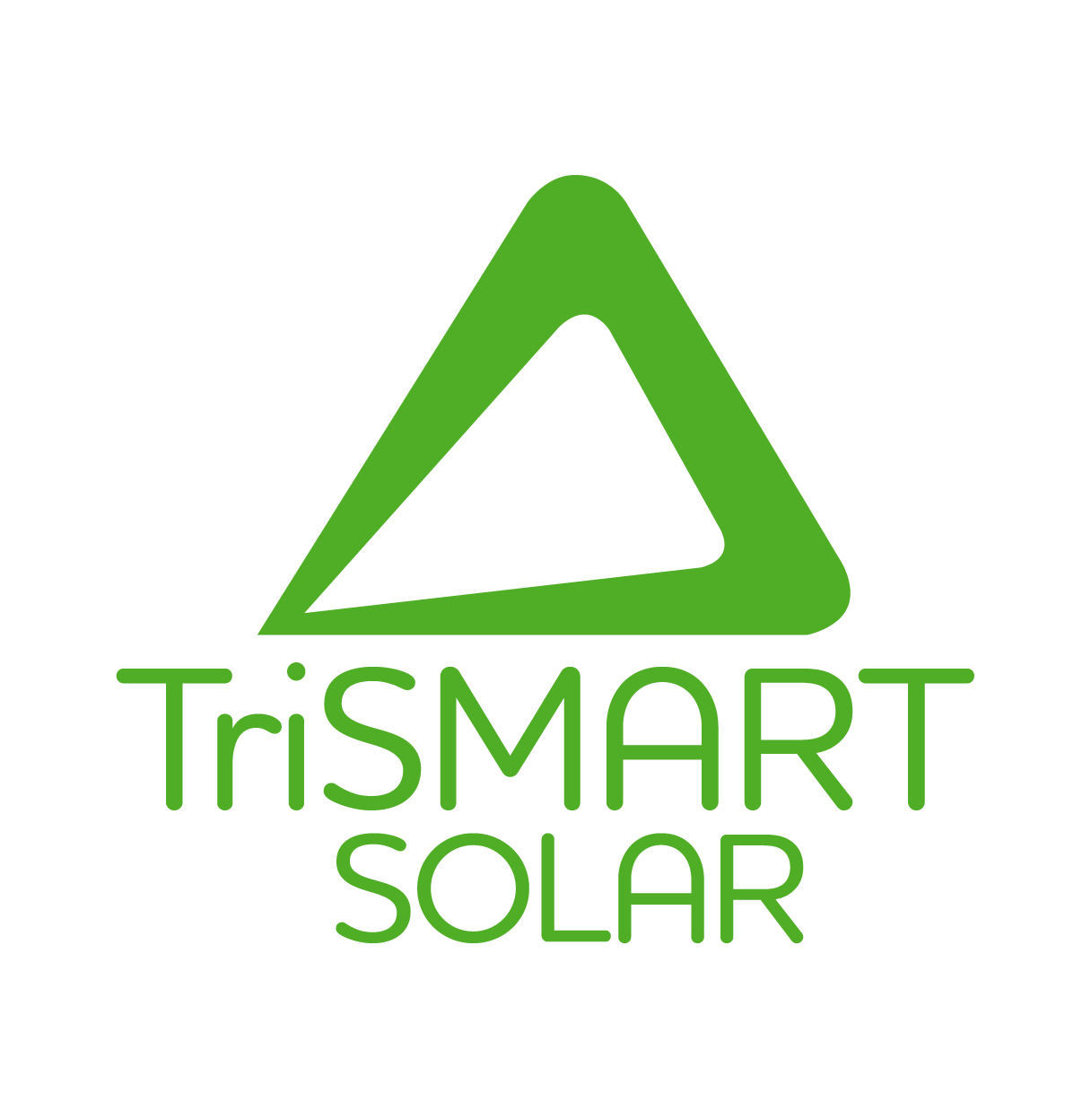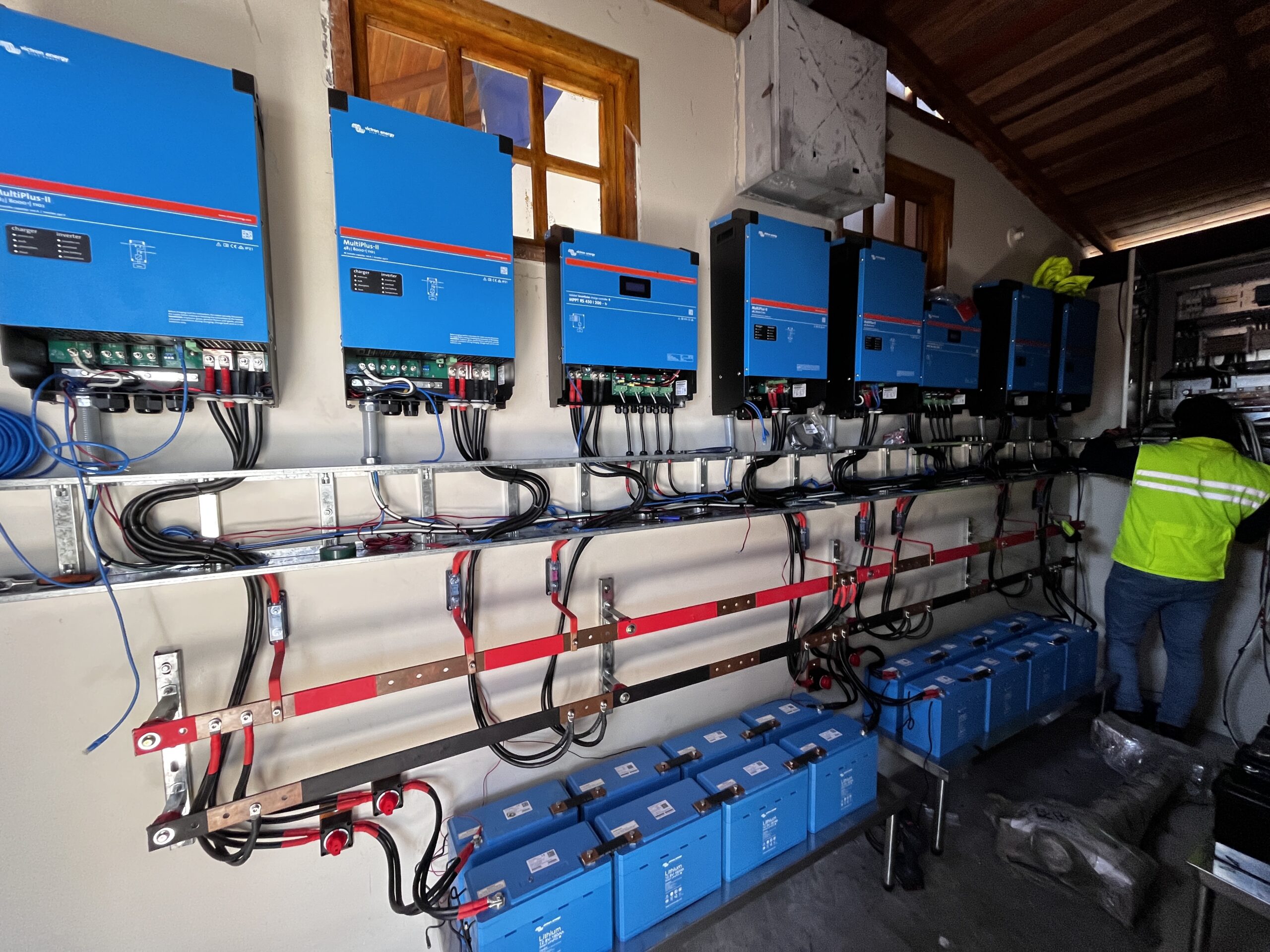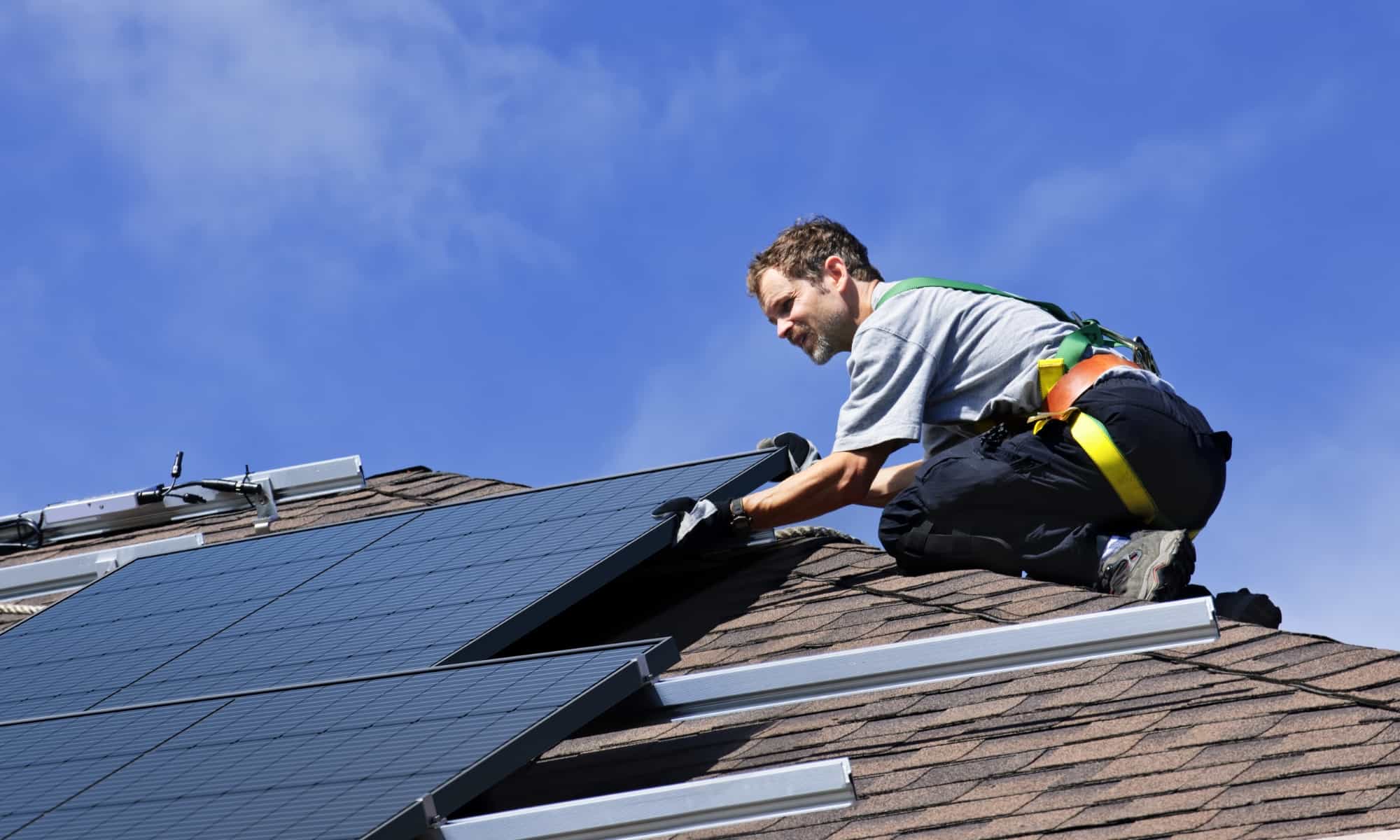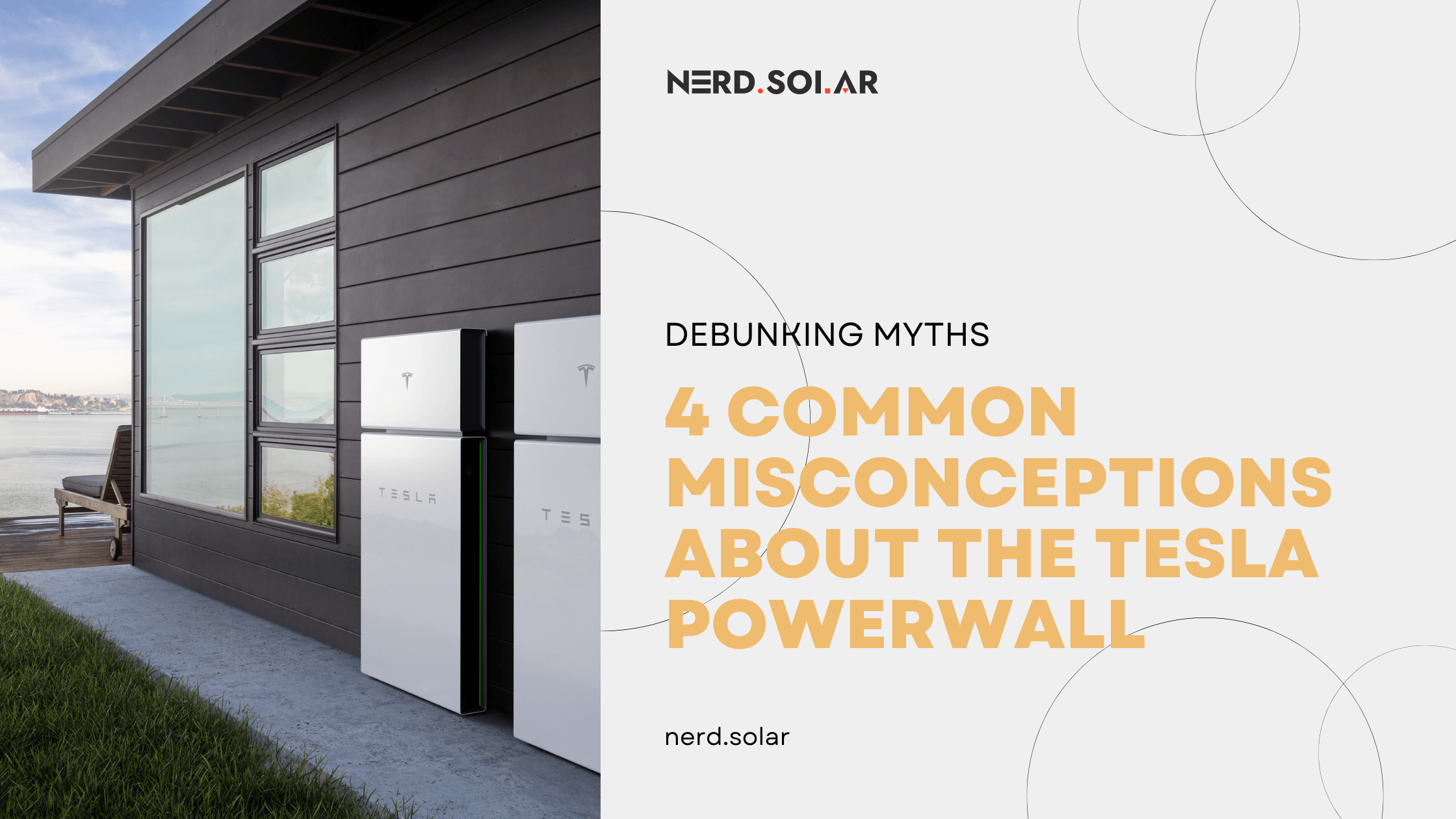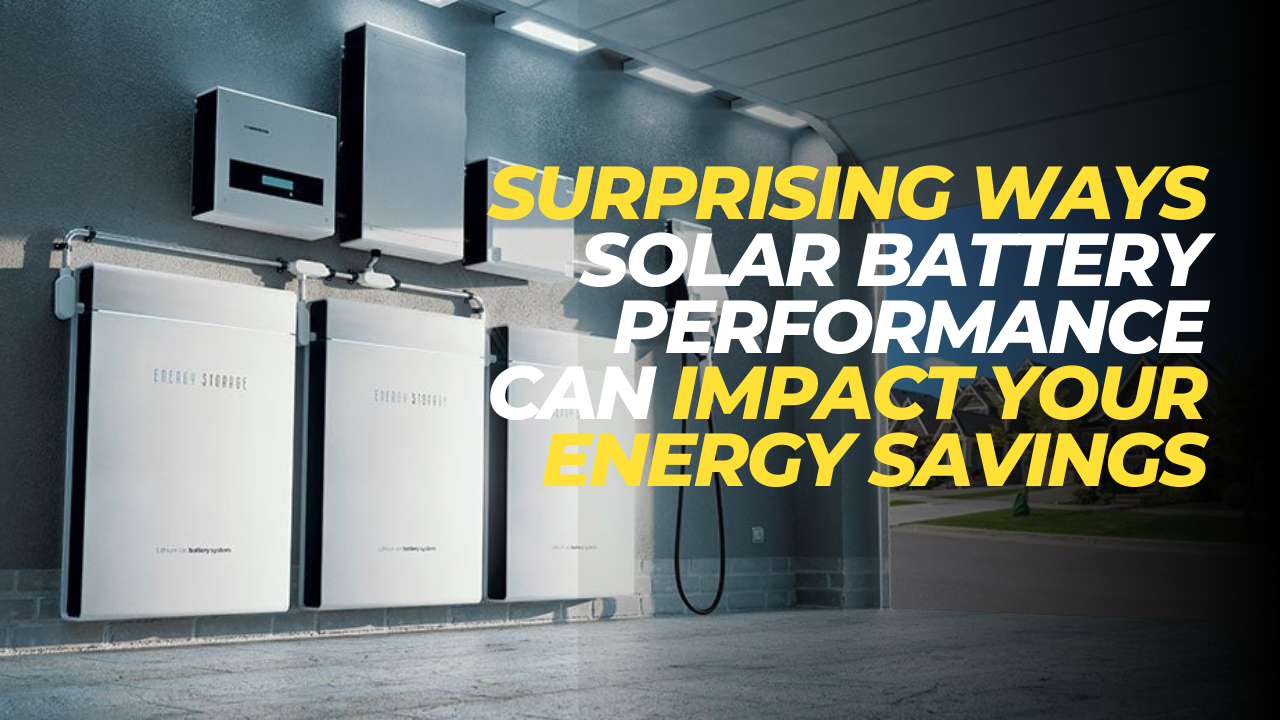How Do We Rate Solar Companies?
TL;DR: We rate solar installers from 1 to 5 stars to help you pick the best one. High stars mean they’re really good at what they do and treat their customers right. Low stars? Not so much. We give credit to companies that have been around for a while, know what they are doing, have a high standard of workmanship and equipment, don’t hire subcontractors to keep the bar of solar installation quality high and have good local reviews from real customers (yes, we check if the reviews are actually real or fake). Companies we choose as top-rated know and can help with federal and local solar incentives to help you save, have good financing plans, and guarantee their work. We’re here to point you to the solar companies that truly rock, making going solar easy and worthwhile for you.
Check our detailed review process here.
Is It Worth Going Solar in Texas?
The short answer is YES, going solar in Texas is a good decision moneywise, for several reasons:
- Texas receives plenty of sunlight year-round, making it an ideal location for solar energy systems.
- Solar panels can generate electricity during peak sun hours, reducing reliance on the power grid. This can lead to significant savings on energy bills.
- Texas offers several solar incentives, including hyperlocal net metering, multiple rebate programs, the federal solar tax rebate, and a tax exemption1.
- The cost of solar panels in Texas is below the national average.
*However, the extent to which solar is worth it for an individual home may depend on factors such as the size and energy efficiency of the home, daily energy consumption, current electricity rates, and the size and efficiency of the solar panel system installed.
How much does solar save homeowners in Texas?
The exact savings depend on several factors, including the size of the solar system, the amount of electricity you use, and the rate your utility charges for electricity. However, solar panels can significantly reduce or even eliminate your electricity bill.
The average payback period for solar panels in Texas is approximately 10.71 years. This means that it takes about 10.71 years to recoup the cost of the solar system through electricity savings.
After installing solar panels, you’ll still receive an electric bill, but the amount will be much lower. In some cases, if your solar panels produce more electricity than you use, your bill could even be negative.
What is the average cost of going solar in Texas?
The average cost of installing solar panels in Texas can vary based on several factors, including the size of the system and the specific location within the state. Here’s a general breakdown:
- Cost per Watt: As of February 2024, the average cost of solar panels, including installation, is $2.64 per watt (W) in Texas12. This is slightly below the national average of $3.01/W.
- Cost for a 5 kW System: For a 5 kW installation, the average cost comes out to about $11,901 before incentives1. However, prices can range from $10,116 to $13,686.
- Cost for an 8 kW System: An 8-kilowatt (kW) solar panel system comes with a price tag of approximately $21,760. After various rebates and incentives designed to boost renewable energy adoption, the average cost of solar panels in the state is only $15,232.
*Keep in mind that these prices are averages and the actual cost can vary.
Texas Solar Incentives
Federal Solar Tax Credit: This is a federal income tax credit that allows you to deduct 26% of the cost of installing a solar energy system from your federal taxes.
Local Rebates and Incentives:
- Austin Energy: If you live in Austin, you can get a rebate of $2,500. Plus, you’re eligible for Austin Energy’s Value of Solar Tariff, which pays you $0.097 for every kilowatt-hour (kWh) your solar panels can generate.
- CPS Energy: If you’re a CPS Energy customer, you can receive $2,500 for installing solar panels on your home’s roof.
Property Tax Exemption: Texas has a renewable energy property tax exemption so that residents don’t pay extra taxes as a result of the value that their solar panels add.
Although Texas doesn’t have a statewide net metering policy, many utilities in the state have policies that credit owners of solar energy systems for the electricity that their panels produce.
Are There Any Community Solar Programs in Texas?
Yes, there are several community solar programs in Texas. Here are some of them:
- Austin Energy: Austin Energy’s Community Solar program provides residential customers access to solar energy without requiring a solar installation1.
- Bandera Electric Cooperative: Located northwest of San Antonio.
- CoServ: Located in the Dallas area.
- CPS Energy: Located in San Antonio.
- El Paso Electric.
- Midsouth Solar Energy: Located north of Houston2.
- Pedernales Electric Cooperative: Located west of Austin, north of San Antonio.
- TXU Energy.
*Please note that availability may vary, and it’s best to check with each provider for the most current information.



